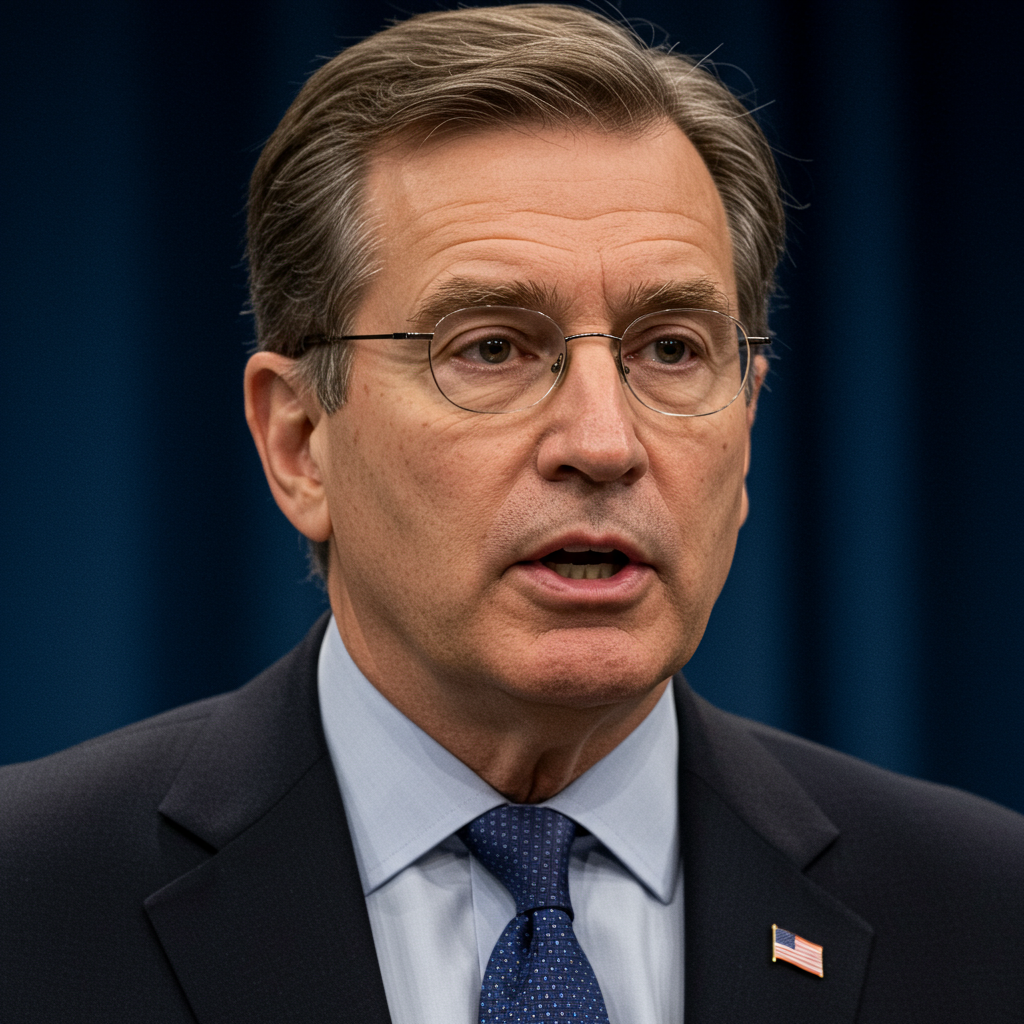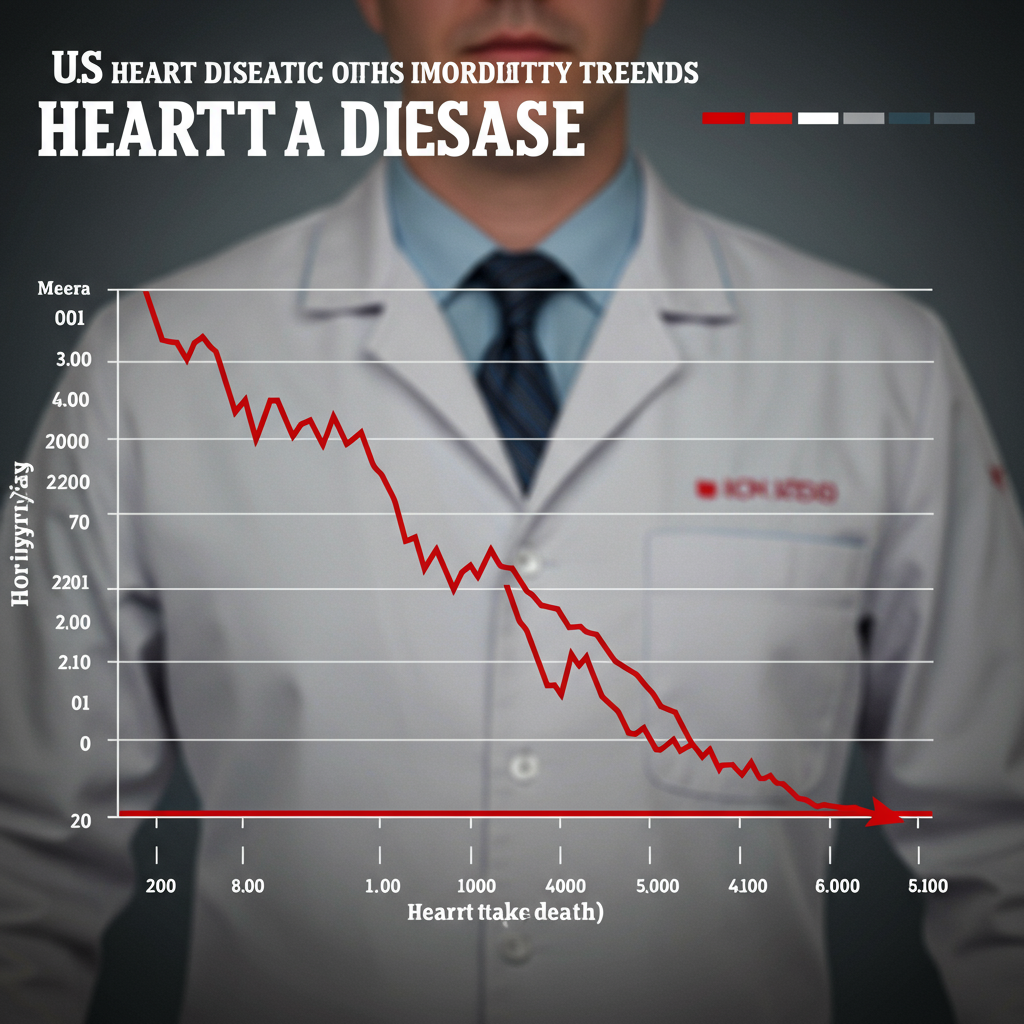New Vaccine Advisory Panel Takes Aim at Long-Settled Debate
Robert F. Kennedy Jr., now serving as President Trump’s health secretary, has wasted no time reshaping the landscape of federal vaccine policy. A newly appointed advisory committee under his purview has issued a controversial recommendation regarding annual flu vaccinations, bringing a long-standing debate about a mercury-based preservative back into the spotlight.
For decades, RFK Jr. has been a prominent voice questioning vaccine safety, with a particular focus on the preservative thimerosal. This substance, a form of mercury called ethylmercury, was used in multi-dose vaccine vials to prevent bacterial contamination. While studies have repeatedly shown ethylmercury is processed differently by the body than the toxic methylmercury found in certain fish and poses no health risk in vaccine doses beyond minor site reactions, RFK Jr. has long asserted a link between thimerosal and neurodevelopmental issues like autism – a claim widely refuted by science and public health experts.
In 2001, thimerosal was proactively phased out of routinely recommended childhood vaccines as a precaution, although it remained in some multi-dose flu shot formulations used primarily for adults and older children. Today, the vast majority of flu shots administered in the U.S. are already thimerosal-free, including single-dose vials and the nasal spray.
A Dramatic Shift in Advisory Leadership
Kennedy’s path to this pivotal moment involved a significant shake-up within the Centers for Disease Control and Prevention (CDC). He recently dismissed all 17 members of the previous Advisory Committee on Immunization Practices (ACIP), the panel that typically advises the CDC on vaccine recommendations. In their place, he appointed a new, smaller seven-member group, reportedly including individuals known for skepticism surrounding vaccine safety and policy. Several top CDC vaccine scientists also reportedly resigned or were reassigned following these actions.
The first meeting of this new ACIP panel quickly proved contentious. Among the agenda items was a discussion and vote on thimerosal in flu vaccines – a topic public health leaders considered definitively settled science.
The Controversial Thimerosal Vote
After deliberation, the new ACIP panel endorsed annual flu shots for most Americans aged 6 months and older, maintaining the general recommendation. However, they included a significant caveat: recommending only flu shots free of thimerosal should be used. This decision, approved by a 5-1 vote with one abstention, effectively advises against the small subset of multi-dose flu vaccine vials that still contain the preservative.
The process behind this vote drew immediate and sharp criticism. Unlike the usual ACIP practice of reviewing comprehensive scientific data from the CDC and independent research, the panel reportedly based its discussion primarily on a presentation from a former leader of an anti-vaccine group once founded by Kennedy Jr. Crucially, the panel did not allow the public presentation of a recent CDC analysis prepared for the meeting, which reaffirmed findings from numerous studies concluding there is no link between thimerosal exposure in vaccines and neurodevelopmental disorders, including autism. This CDC data, briefly posted online, was reportedly removed because it lacked authorization from Kennedy Jr.’s office.
One panel member even acknowledged that the committee was not strictly adhering to evidence-based practice, stating that while there’s “still no demonstrable evidence of harm,” they felt compelled to “respect the fear of mercury” to potentially encourage vaccination, regardless of the molecule’s actual risk.
Alarm from Public Health Experts
The decision and the manner in which it was reached have generated widespread alarm among medical groups and public health experts. Critics argue that focusing discussion on a preservative found in a tiny fraction of flu vaccines, despite overwhelming evidence of its safety, unnecessarily raises doubts about vaccine safety and fuels public mistrust and misinformation.
Medical professionals characterized the session as potentially predetermined and orchestrated to undermine established vaccine safety and efficacy, as well as fundamental scientific principles, rather than being a rigorous, evidence-based discussion. The American Academy of Pediatrics (AAP) reacted strongly, announcing it would publish its own children’s vaccine schedule independent of the ACIP, declaring the panel “no longer a credible process.” Experts like Dr. Sean O’Leary of the AAP emphasized that current vaccine policies, based on decades of research, have saved millions of lives and billions of dollars.
Beyond the thimerosal vote, other topics discussed by the panel also raised concerns among pediatricians, including plans to reevaluate the “cumulative effect” of the standard childhood vaccine schedule – a concept mainstream scientists consider scientifically debunked.
The ACIP’s recommendations are influential, impacting insurance coverage and vaccine availability. While the CDC Director typically finalizes these recommendations, that position is currently vacant. This leaves the final decision on whether to accept the panel’s thimerosal recommendation, and others, likely resting with Health Secretary Robert F. Kennedy Jr., whose long history of vaccine skepticism now directly influences federal public health policy. Critics fear this direction aims to make vaccines less available, less affordable, and more feared, without improving safety.




